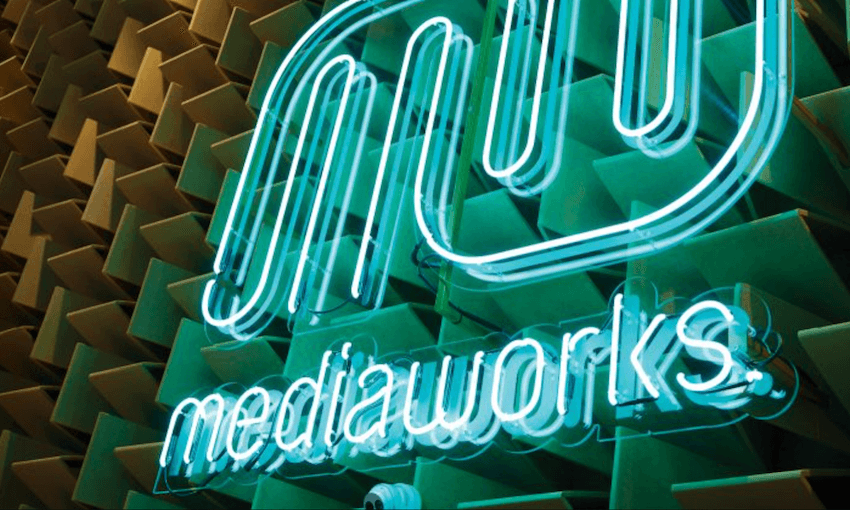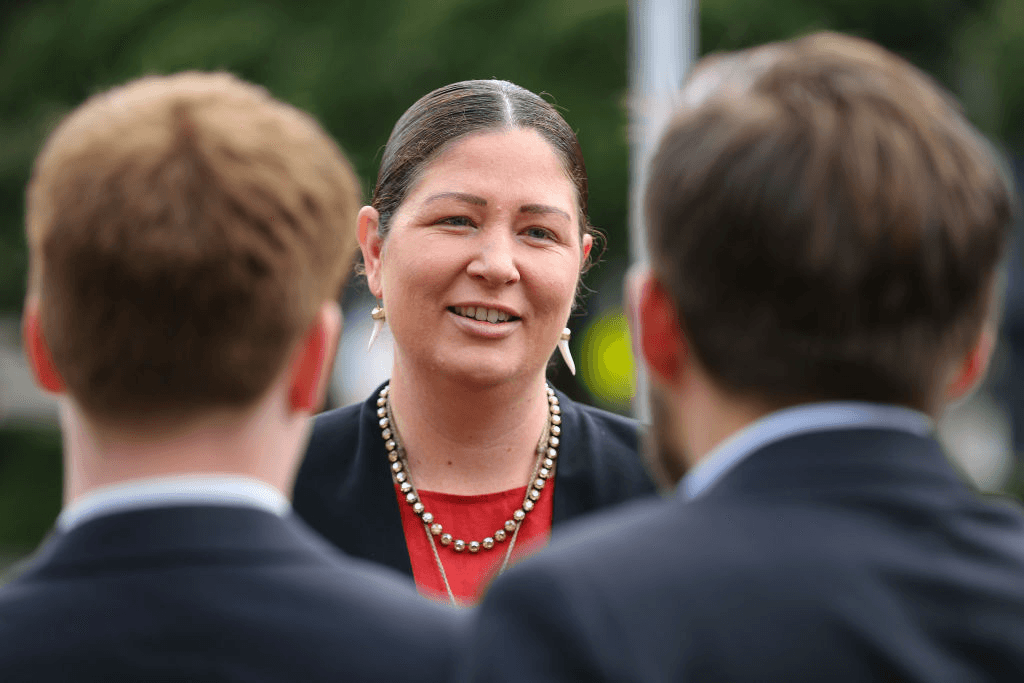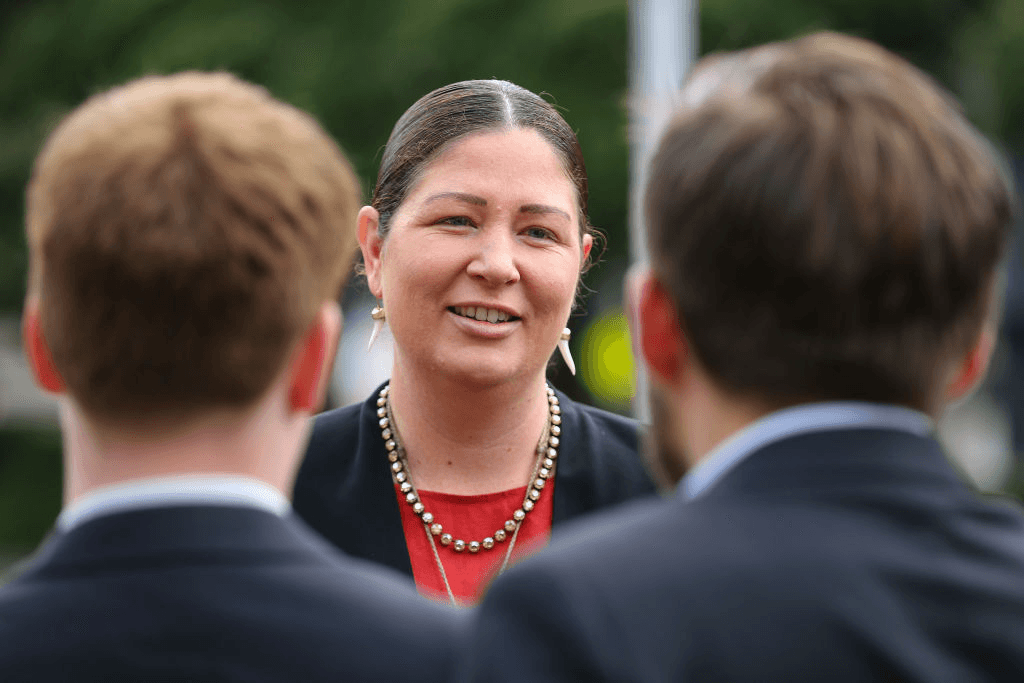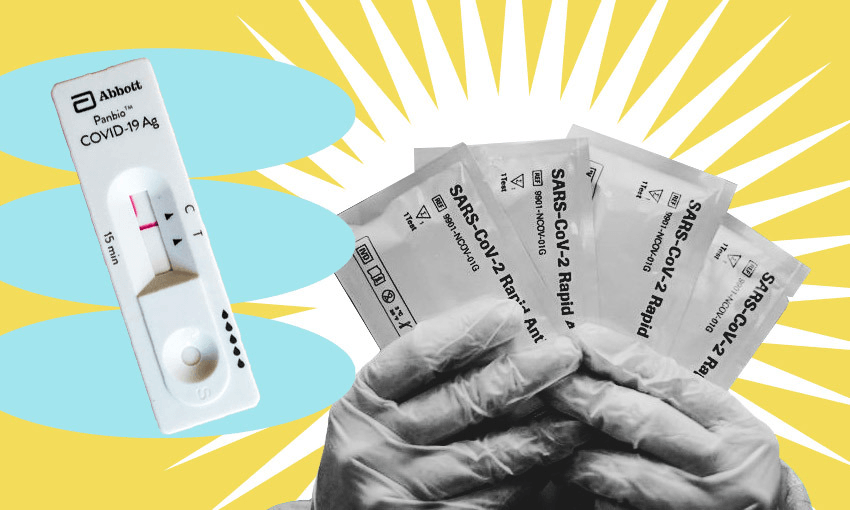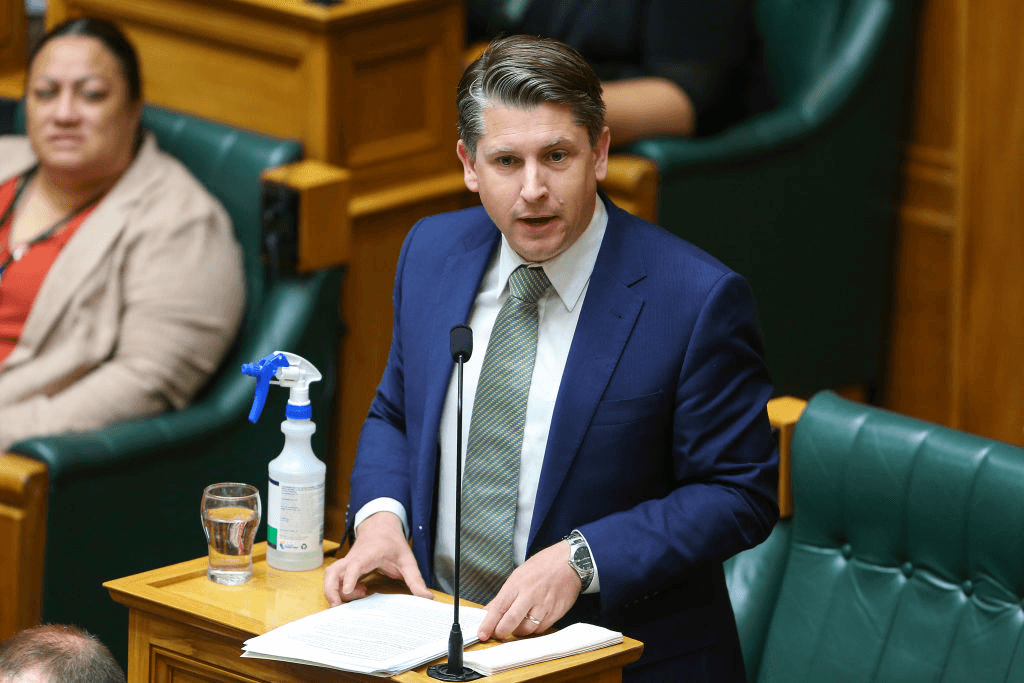Following the sudden and dramatic axing of Today FM at the end of last month, further cuts are being made to what remains of the MediaWorks news team. According to a source within the company, members of the news team were called together today and informed that the team will be cut from 20 to 12, with remaining reporters required to reapply for their jobs. The group of newsreaders, meanwhile, is to be whittled down to one, the veteran broadcaster Geoff Bryan, said the source.
In a statement to The Spinoff, a spokesperson for MediaWorks said: “We are continuing to work with our news team on the future structure of the team. Our priority is supporting our people while we work through any proposed changes.”
In another departure today, an all-staff email announced that Paula Williams, head of MediaWorks’ people and culture department, is resigning. The human resources executive is “taking a career break to travel overseas to spend time with her UK family before embarking on her next career challenge later this year,” the email said.
An internal slide deck leaked to The Spinoff following the shuttering of Today FM revealed 30 jobs would go as part of that process, with the fate of the 20 members of the news team to be determined. The station went off air in extraordinary style, with host Duncan Garner telling listeners, “this is betrayal”, and Tova O’Brien saying, “We were told we had the support of everyone, from the chief executive through to the board, and they have fucked us.” It was taken off-air permanently just minutes later by MediaWorks, which is owned by offshore private equity funds.
